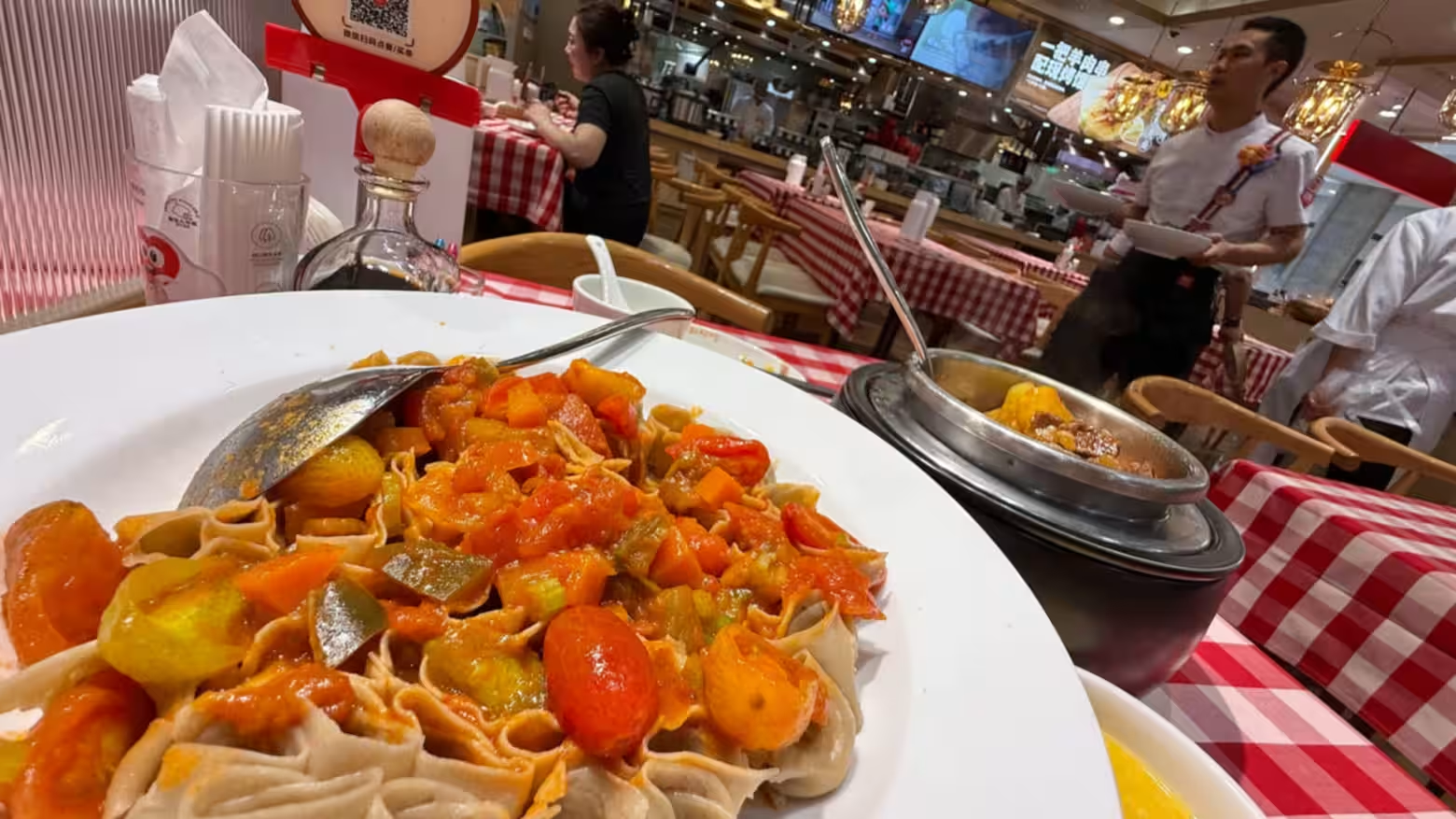BEIJING — China has announced stricter food labeling rules after a high-profile restaurant scandal sparked public outrage over misleading claims about “fresh” ingredients.
The scandal erupted earlier this year when several popular restaurant chains were accused of advertising meals as being made with “fresh” produce and meat while allegedly relying on frozen or pre-processed supplies. The revelations spread quickly on Chinese social media platforms, drawing millions of views and leading to calls for tighter oversight.
In response, the State Administration for Market Regulation (SAMR) said on Tuesday that new guidelines will clearly define what can be marketed as “fresh.” Restaurants and food suppliers will be required to provide transparent sourcing information, disclose whether ingredients are frozen, refrigerated, or freshly slaughtered, and face penalties for mislabeling.
Officials said the move aims to restore consumer confidence in China’s booming restaurant industry, which has been expanding rapidly after the pandemic. “Consumers have the right to know what they are eating,” a SAMR spokesperson said. “The word ‘fresh’ cannot be used as a marketing gimmick.”
The regulations will also extend to supermarkets and e-commerce platforms, requiring them to distinguish between fresh, chilled, and frozen goods in clear labeling.
Food safety scandals have long been a sensitive issue in China, from the 2008 melamine-tainted milk crisis to recent crackdowns on counterfeit cooking oil. Analysts say the latest controversy underscores growing public awareness — and intolerance — of deceptive food marketing.
The new rules will come into effect in early 2026, giving restaurants and retailers time to adapt their supply chains and marketing practices.













